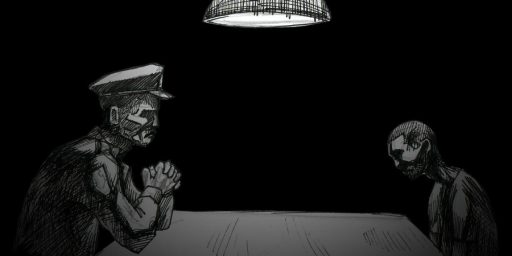Black Chaplain’s 1894 Dismissal From The Army Reversed
Chaplain’s 1894 dismissal from the Army reversed (Baltimore Sun)
An Army board reversed yesterday the 1894 dismissal of an African-American chaplain for conduct unbecoming an officer, saying the action against Henry Vinton Plummer, who was born a slave in Maryland, was unjust and tainted by discrimination.
The decision, which followed a three-year campaign by Plummer’s descendants and included support from members of Congress and state officials, means Plummer will receive an honorable discharge. The Army, however, let stand his underlying court-martial conviction.
Plummer, the Army’s first active-duty black chaplain, served a decade with the famed Buffalo Soldiers on the western frontier. He fought the dishonorable discharge until his death – 100 years ago today. “A measure of honor and dignity is being restored to Henry Plummer,” said Dov Schwartz, an Army spokesman. “This is a way we can correct a historical wrong.”
[…]
The Army Board for the Correction of Military Records agreed that racial bias played a part in the dishonorable discharge. Plummer was ostracized by white officers and forced to bunk with enlisted black soldiers, they concluded. But the panel chose not to reverse his conviction for drinking alcohol with enlisted men and arguing with a soldier at Fort Robinson, Neb., noting that even his supporters acknowledged that in his testimony Plummer admitted that he had been drinking.
And they say the military is slow to change!
In all seriousness, it’s a good thing that the Army is open to correcting past injustices. While there were black officers in the military long before Harry Truman desegregated the force in 1948, the Army’s treatment of them was, at best, mixed. Being the “first black” anything was especially difficult, as the case of Henry O. Flipper, the first black graduate of West Point (1877), demonstrates.
I was unaware of Plummer’s case until reading the above article, but a groundswell has been building for a while. Several pieces in the spring of 2004, including the U.S. Naval Institute’s Proceedings, The Gazette, and WaPo lay out his case.
It’s also worth noting that the Army looked at the case objectively, refusing to overturn the parts of the conviction for which there was evidence. Treating Plummer like a military officer, rather than a public relations opportunity, shows how far we’ve come.





